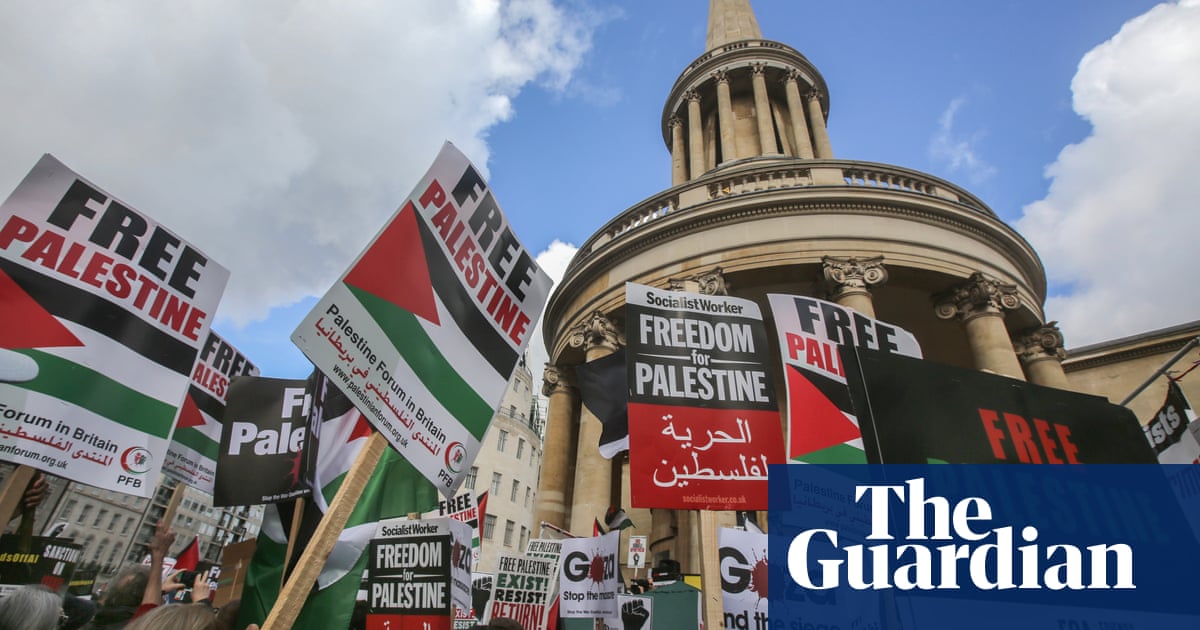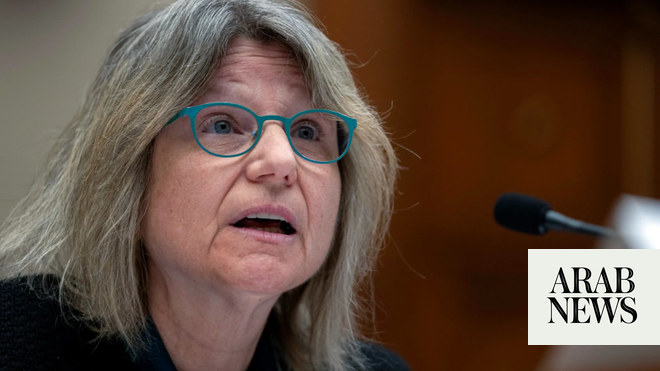
Keir Starmer is facing disquiet from a number of sections of the Labour party over its stance on Gaza and Israel.
MPs
A group of Muslim MPs met Starmer and his deputy, Angela Rayner, for a sometimes testy meeting on Wednesday about the party’s response to the situation in Gaza, and its refusal to back calls for a ceasefire. It remains to be seen whether they can be mollified by the leadership.
Arguably more dramatic still was the move by the shadow minister Yasmin Qureshi to use prime minister’s questions to call the situation in Gaza “collective punishment” and ask Rishi Sunak when he would support a ceasefire, which is not Labour policy.
A Labour spokesperson dodged questions about whether Qureshi might be disciplined, but it was a fairly open instance of disloyalty by the shadow equalities minister. There have also been reports that unnamed shadow ministers could resign.
In total, more than 45 Labour MPs, not far off a quarter of the total, have publicly called for a ceasefire or signed a Commons early day motion seeking this.
Councillors
These have arguably formed the most vocal contingent of Labour members seeking a stronger response to the situation in Gaza. A number quit the party last week, many after an interview with LBC in which Starmer seemed to suggest Israel had “the right” to withhold water and power from Palestinians, while adding that all actions should comply with international law.
On Wednesday, 150 Labour councillors jointly signed a letter to Starmer and Rayner requesting that Labour back a ceasefire, and to condemn Israeli strikes that, like Qureshi, they labelled “collective punishment”.
The Labour leadership supports a plan by the US and UN for so-called “humanitarian pauses” to allow aid into Gaza, and for people to flee, but argue that a complete ceasefire would go against Israel’s right to respond militarily to the massacre of Israeli civilians by Hamas on 7 October.
Party officials
As well as councillors, dissent over the Gaza policy has also led some party officials to step down, including a group of 15 in Scottish Labour, who resigned in part over what they said was a ban on Scottish constituency parties discussing motions on the situation.
A number of those departing have been younger members, such as Lubaba Khalid, Young Labour’s BAME officer, who accused Starmer of trying to “gaslight” Labour members.
The public
Because Labour has many strong ties with Muslim communities, especially in urban areas, perhaps the greatest pressure of all on Starmer comes from voters, large numbers of whom have contacted local MPs to express their anger.
While such messages have also come from non-Muslims, it has been a particular issue for MPs whose constituencies have large numbers of residents with Muslim backgrounds. Some MPs have been notably spooked about the scale of discontent.
Starmer and his team have also faced controversy over his visit to a mosque in Cardiff earlier this week. After disquiet from local worshippers, the centre said initially it had agreed to meet Starmer as it was better to “confront those who we disagree with and show him the truth and that he is wrong”.
A later statement went even further, saying that after a “robust and frank” discussion with Starmer, the Labour leader’s subsequent tweets about the visit “gravely misrepresented” what had happened.












